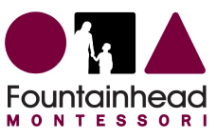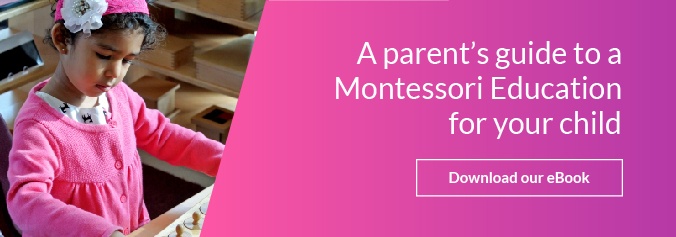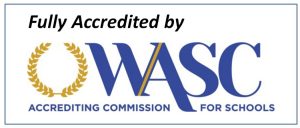Choosing the right preschool for your child is a critical decision that can influence their educational journey and overall development. Parents often find themselves deciding between Montessori and traditional preschools. Both approaches offer unique benefits, but understanding the differences can help you make an informed choice. Here’s why you might consider choosing Montessori over a traditional preschool.
Child-Centered Learning
- Montessori: Montessori education is fundamentally child-centered. It allows children to choose their activities and learn at their own pace. This approach respects each child’s individual learning style and interests, fostering a sense of autonomy and motivation. In Montessori classrooms, teachers act as guides, observing each child’s progress and providing personalized support.
- Traditional: Traditional preschools often follow a more structured, teacher-led approach. The curriculum is typically predetermined, with set activities and lessons planned by the teacher. While this structure can provide consistency, it may not cater to the unique needs and interests of each child, potentially limiting their engagement and enthusiasm for learning.
Hands-On Learning
- Montessori: Montessori education emphasizes hands-on learning through the use of specially designed materials. These materials are self-correcting and encourage exploration and discovery. Children learn through direct experience, which helps them develop a deep understanding of concepts. This hands-on approach is particularly effective in early childhood, as young children are naturally curious and learn best through active engagement.
- Traditional: Traditional preschools may use a variety of learning materials, including books, worksheets, and toys. However, the focus is often on teacher-led activities and instruction. While these methods can be effective, they may not provide the same level of sensory engagement and exploration as Montessori materials.
Development of Independence
- Montessori: One of the core principles of Montessori education is fostering independence. Children in Montessori classrooms are encouraged to perform tasks on their own, such as dressing, preparing snacks, and cleaning up. This focus on practical life skills helps children develop self-confidence, responsibility, and a sense of accomplishment.
- Traditional: Traditional preschools also teach independence, but the opportunities for self-directed activity may be more limited. The structured environment and teacher-led instruction can sometimes restrict children’s ability to make choices and take responsibility for their learning and daily tasks.
Mixed-Age Classrooms
- Montessori: Montessori classrooms typically include children of different ages, usually spanning three years. This mixed-age setting encourages peer learning and mentoring. Younger children learn from older peers, while older children reinforce their knowledge by teaching younger ones. This dynamic in the classroom fosters a sense of community and cooperation.
- Traditional: Traditional preschools generally group children by age. While this allows for age-specific activities and instruction, it may not provide the same opportunities for peer learning and social interaction as a mixed-age classroom.
Focus on Social and Emotional Development
- Montessori: Montessori education places a strong emphasis on social and emotional development. The classroom environment encourages respect, empathy, and cooperation. Teachers guide children in developing social skills and resolving conflicts peacefully. The mixed-age setting also helps children learn to interact with peers of different ages, fostering a sense of community.
- Traditional: Traditional preschools also support social and emotional development, but the approach may be more structured. Group activities and teacher-led interactions help children learn social skills, but the opportunities for peer learning and mentorship are less emphasized compared to Montessori classrooms.
Academic Excellence
- Montessori: Montessori education provides a strong foundation for academic excellence. The curriculum covers a wide range of subjects, including language, mathematics, science, and cultural studies. Children are encouraged to explore these subjects at their own pace, developing a deep understanding and love for learning. The hands-on materials and individualized approach help children build strong academic skills.
- Traditional: Traditional preschools also focus on academic readiness, with a structured curriculum designed to prepare children for kindergarten. The emphasis is often on achieving specific academic milestones and standardized testing. While this approach can be effective, it may not accommodate the individual learning styles and paces of all children.
Choosing between Montessori and traditional preschool depends on your child’s learning style and your educational philosophy. Montessori education, as exemplified by Fountainhead Montessori School, offers a child-centered approach that fosters independence, critical thinking, and a love for learning. Traditional preschools provide a more structured environment with teacher-led instruction and a focus on academic preparation.
Both approaches have their strengths, and understanding the differences can help you make the best choice for your child’s early education. If you value a flexible, individualized approach that encourages self-directed learning and holistic development, Montessori education can be a great fit for your child.












Let us know what you think about this post
Put your Comment Below: